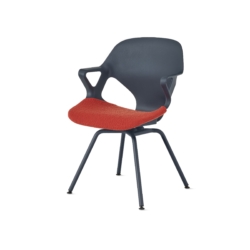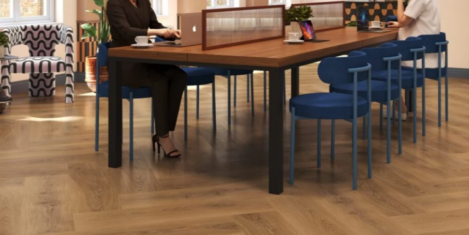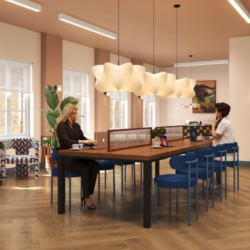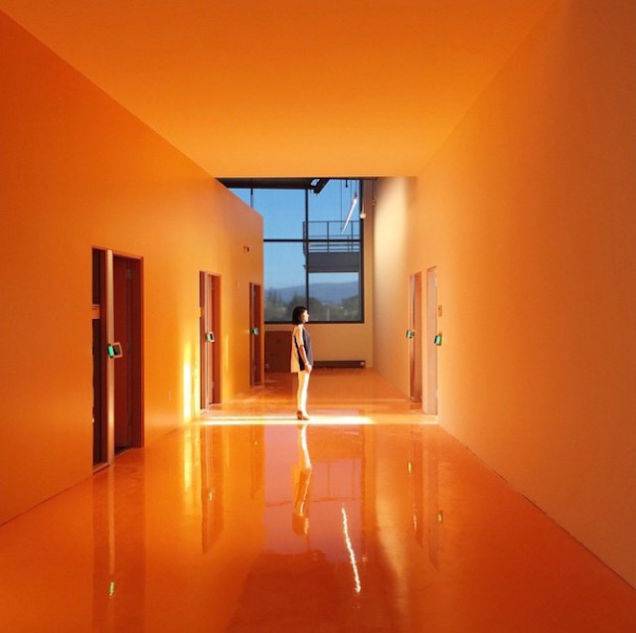To provide the best experiences, we use technologies like cookies to store and/or access device information. Consenting to these technologies will allow us to process data such as browsing behaviour or unique IDs on this site. Not consenting or withdrawing consent, may adversely affect certain features and functions.
The technical storage or access is strictly necessary for the legitimate purpose of enabling the use of a specific service explicitly requested by the subscriber or user, or for the sole purpose of carrying out the transmission of a communication over an electronic communications network.
The technical storage or access is necessary for the legitimate purpose of storing preferences that are not requested by the subscriber or user.
The technical storage or access that is used exclusively for statistical purposes.
The technical storage or access that is used exclusively for anonymous statistical purposes. Without a subpoena, voluntary compliance on the part of your Internet Service Provider, or additional records from a third party, information stored or retrieved for this purpose alone cannot usually be used to identify you.
The technical storage or access is required to create user profiles to send advertising, or to track the user on a website or across several websites for similar marketing purposes.
 New lending for commercial real estate fell 33 per cent last year to its lowest level since 2013, according to the latest bi-annual report from Bayes Business School, (formerly Cass). Researched and written by Dr Nicole Lux, Senior Research Fellow at Bayes Business School, City, University of London, the report also shows that a significant portion (42 per cent) of the £170 billion of loans outstanding will have to be refinanced within 12 months. Dr Lux expects that will cause ongoing stress in the market. (more…)
New lending for commercial real estate fell 33 per cent last year to its lowest level since 2013, according to the latest bi-annual report from Bayes Business School, (formerly Cass). Researched and written by Dr Nicole Lux, Senior Research Fellow at Bayes Business School, City, University of London, the report also shows that a significant portion (42 per cent) of the £170 billion of loans outstanding will have to be refinanced within 12 months. Dr Lux expects that will cause ongoing stress in the market. (more…)

































May 13, 2024
We must embrace AI for sustainable workforce transformation
by Christian Rebernik • AI, Comment, Technology